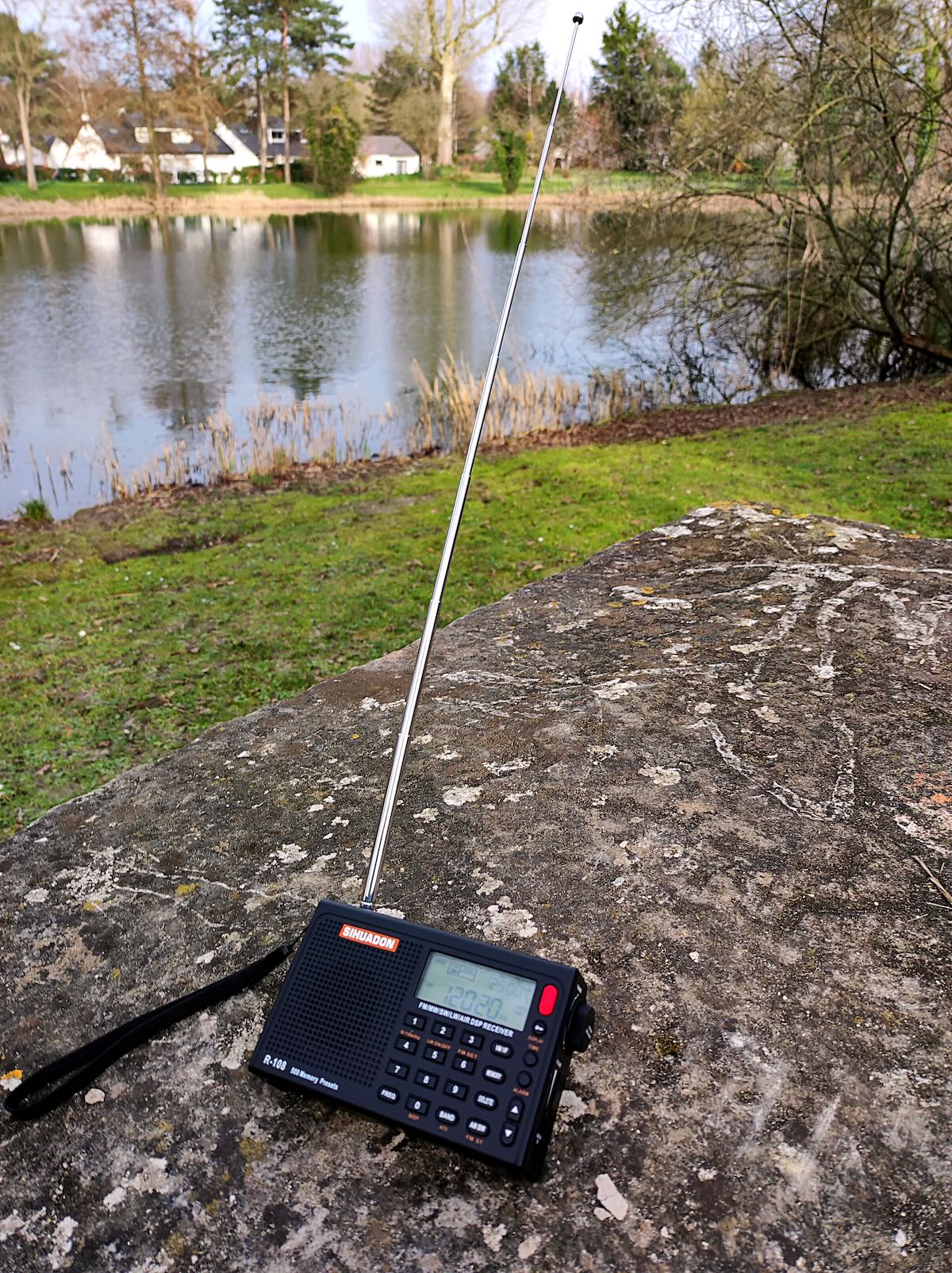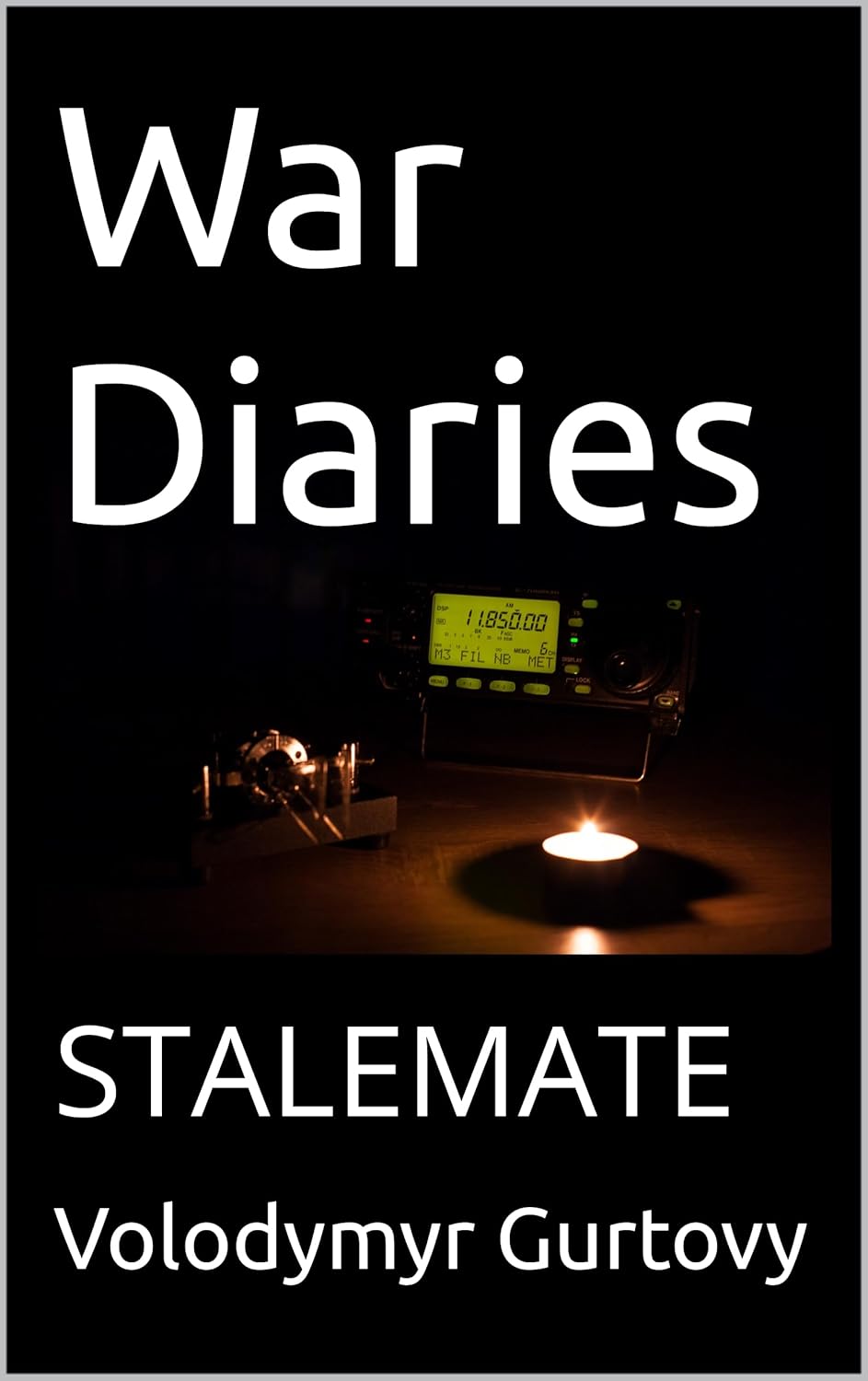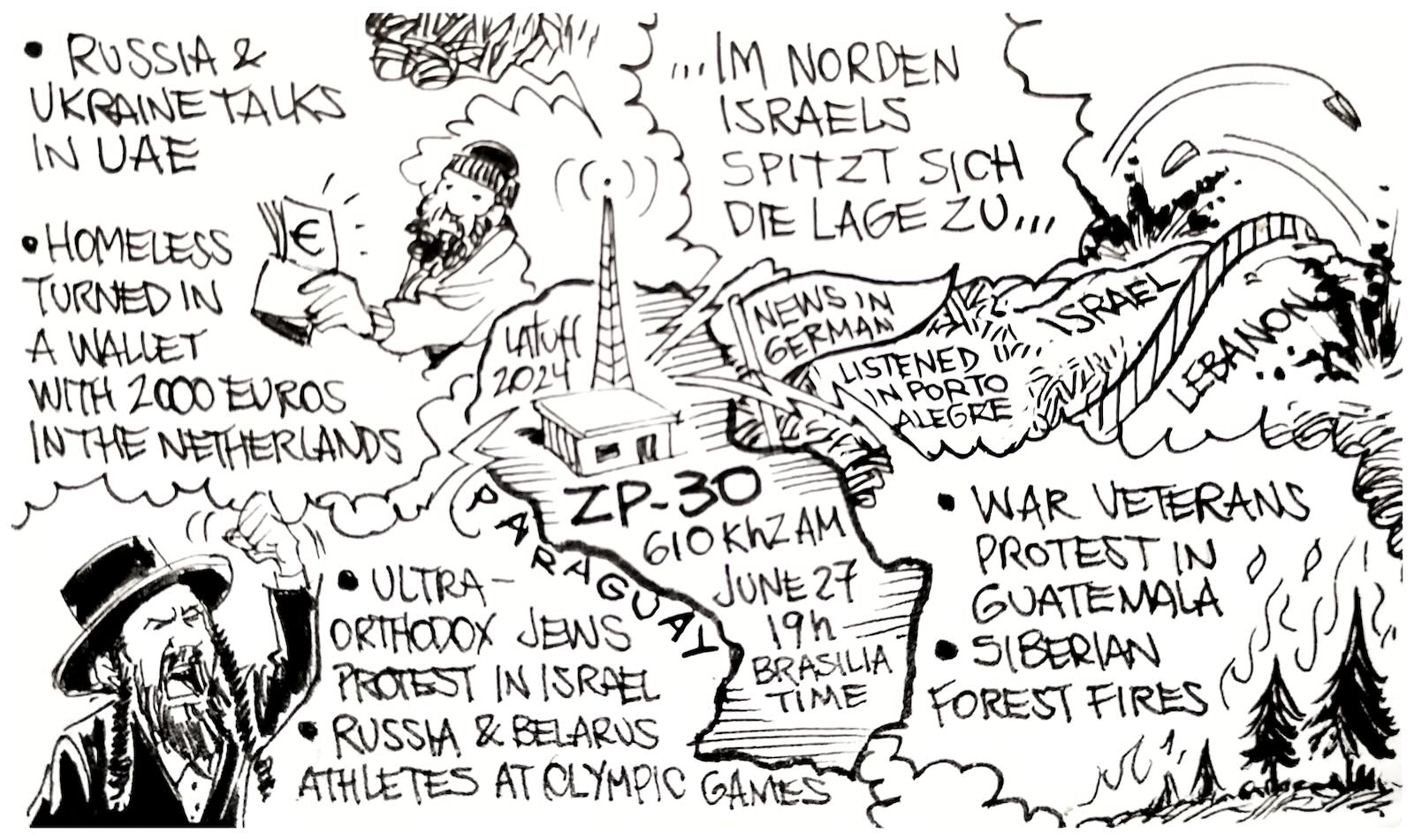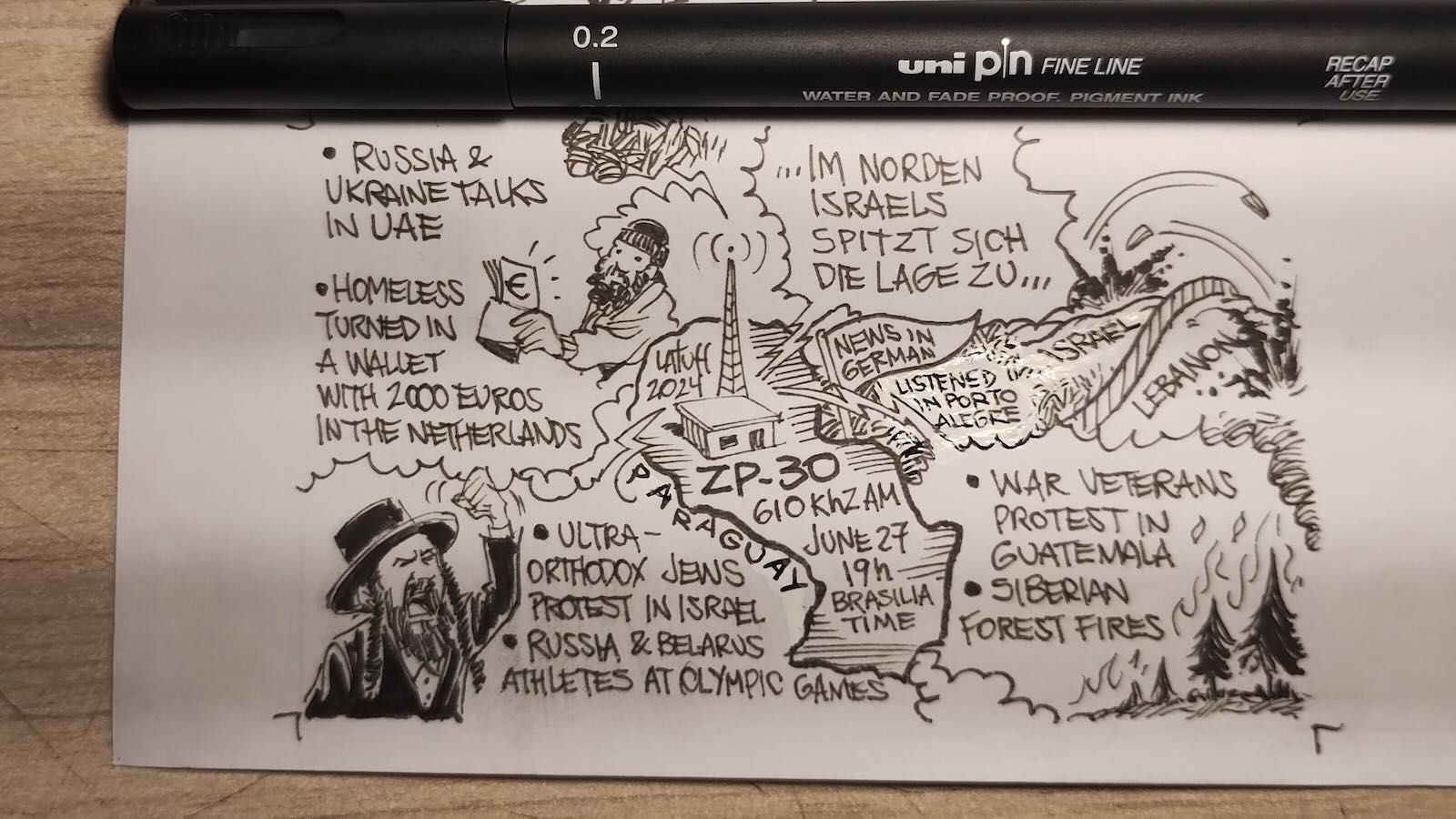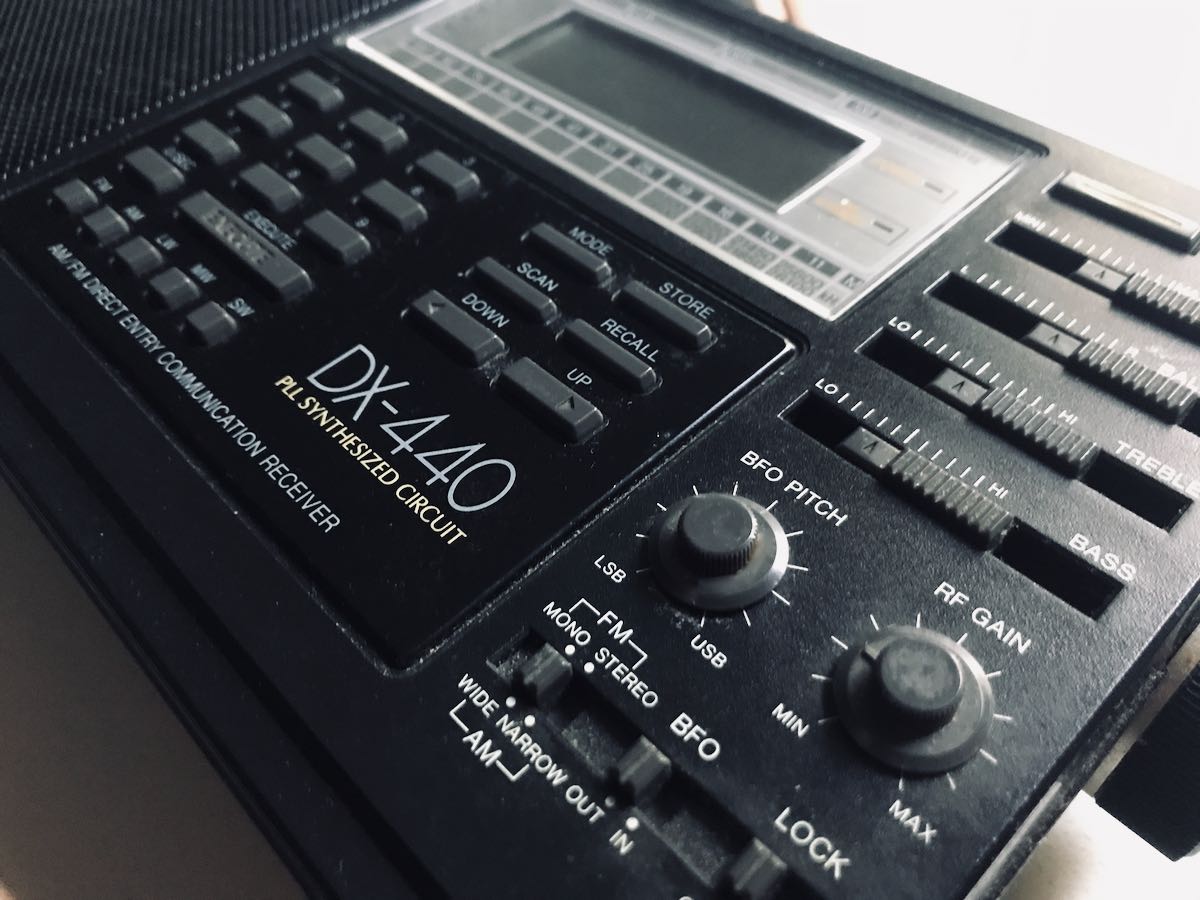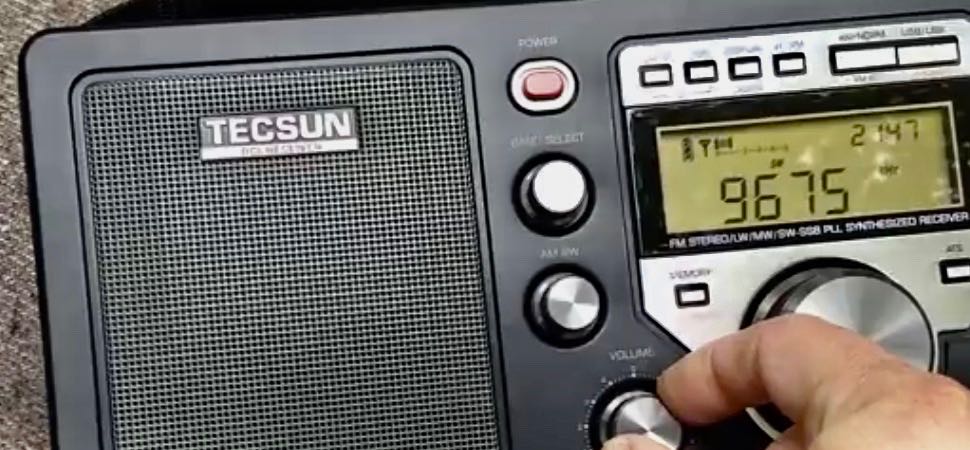 Many thanks to SWLing Post contributors, Paul Jamet and Tracy Wood for sharing the following article (translated into English) from RTVE:
Many thanks to SWLing Post contributors, Paul Jamet and Tracy Wood for sharing the following article (translated into English) from RTVE:
The RTVE Board of Directors has unanimously approved the purchase, installation, and implementation of a new shortwave transmitter. This is the first of five new transmitters that Radio Exterior de España (REE) urgently needs to guarantee the continuity of this public service.
The new transmitters will replace the current equipment, which has far exceeded its useful life and whose frequent breakdowns put the continuity of shortwave broadcasts at risk. They will be responsible for carrying the shortwave signal to West Africa, the Middle East, North America, and South America.
With this decision, RTVE fulfills its public service obligation set out in the Framework Mandate and in Law 17/2006 of June 5, which establishes that the Corporation must “aim to serve the widest audience, ensuring maximum continuity and geographic and social coverage, with the commitment to offer quality, diversity, innovation, and ethical standards.”
This is a great advance that ensures the continuity of REE’s public service to Spaniards who are outside our borders and to foreigners interested in Spain. This commitment by the Corporation comes after years of uncertainty. In 2014, the closure of REE’s shortwave was implemented for a few months. It was in 2018 that an eight-hour daily shortwave broadcast was achieved again.
The power of shortwave
REE’s shortwave carries the voice and vision of Spain to the entire world. For this reason, the director of the station, Luis Manuel Fernández Iglesias, has advocated in his speech before the RTVE Board of Directors to “involve the Ministries of Foreign Affairs and Culture of Spain in the future of Radio Exterior, both in the design of its programming and in the financing of this public international broadcaster, such as REE.”
As seen in the invasion of Ukraine, shortwave escapes control and censorship, guaranteeing the democratic right to truthful and honest information. Another advantage is its free nature for listeners and the low cost and investment needed for its reception anywhere. These circumstances make it very attractive, especially for fishermen, merchant seamen, missionaries, or Spanish volunteers who carry out their work where the internet signal does not reach.
 Many thanks to SWLing Post contributor, Alan Roe, who shares his A-24 (version 3.0) season guide to music on shortwave. Alan provides this amazing resource as a free PDF download:
Many thanks to SWLing Post contributor, Alan Roe, who shares his A-24 (version 3.0) season guide to music on shortwave. Alan provides this amazing resource as a free PDF download:
